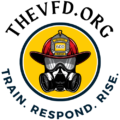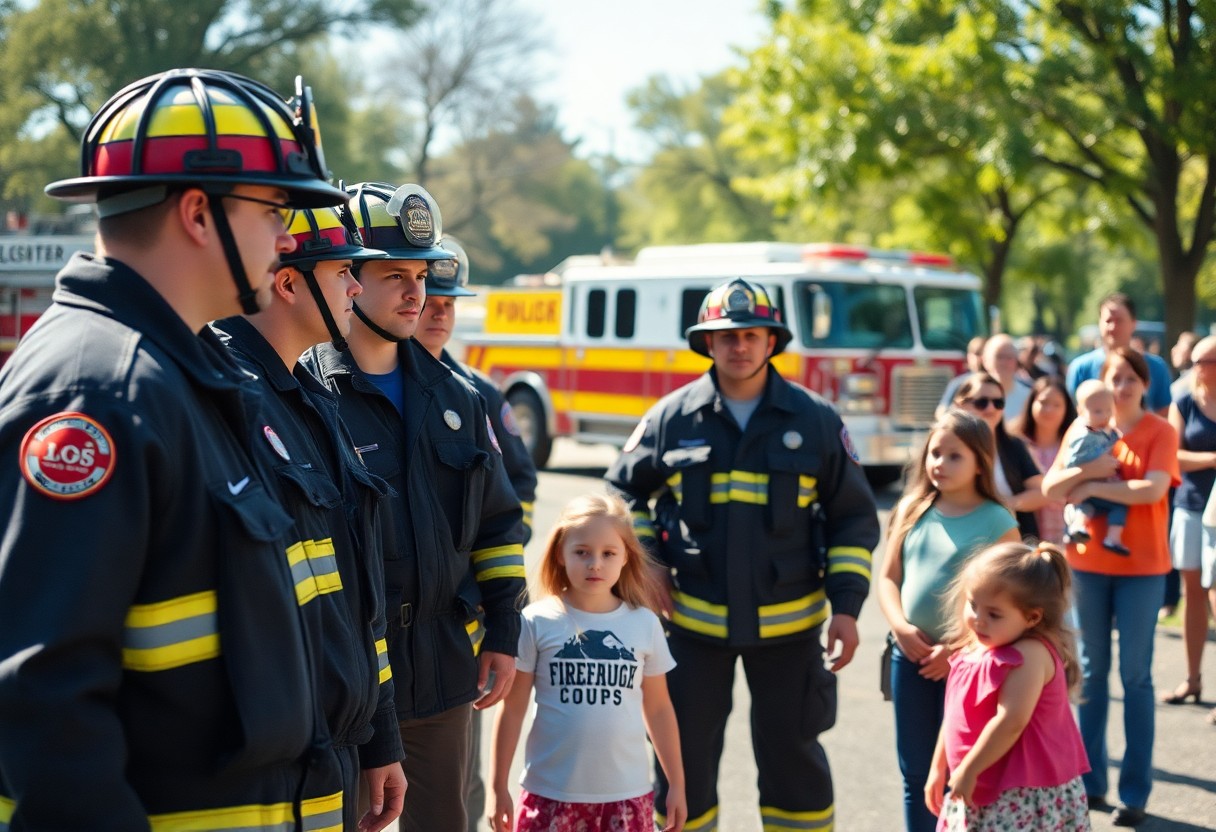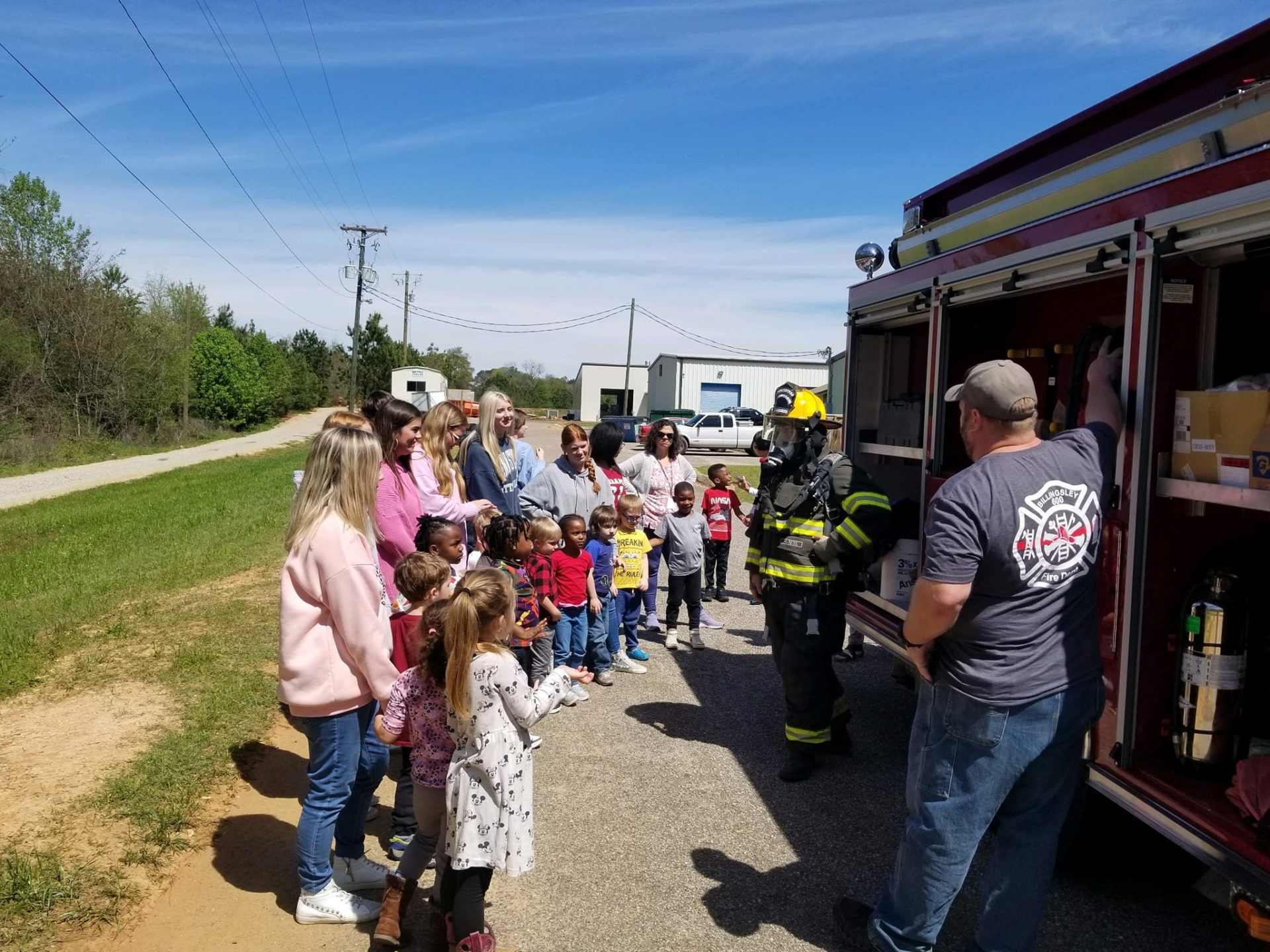Over the years, volunteer fire departments have become a cornerstone of many communities, providing imperative services and fostering a strong sense of belonging. You might wonder how these organizations impact your local area beyond emergency response. This post will explore the myriad benefits of volunteer fire departments, highlighting their role in enhancing community safety, building connections among residents, and offering cost-effective solutions for fire protection. By understanding these advantages, you can better appreciate the dedication and hard work of the volunteers who serve your community.
Community Safety Enhancements
The presence of a volunteer fire department significantly enhances community safety by providing imperative fire protection services and fostering strong community bonds. Your local volunteers are dedicated to training and preparedness, ensuring that they are always ready to respond to emergencies. This commitment helps create a safer environment for all residents, ultimately reducing risks associated with fire hazards.
Rapid Response Times
Around the clock, your volunteer fire department is prepared to respond swiftly to emergencies. They are often the first responders in your community, reaching emergency sites faster than larger, distant fire departments. This quick response is vital in mitigating the impact of fires and medical emergencies, protecting homes, and saving lives.
Increased Public Awareness
Rapid outreach efforts from your volunteer fire department play a significant role in raising public awareness about safety and emergency preparedness. Their educational programs inform you about fire prevention, smoke detector use, and the importance of creating emergency plans. This knowledge empowers you and your neighbors to take proactive steps, ultimately fostering a more informed and resilient community.
It is imperative for you to engage with the educational initiatives offered by your volunteer fire department. By participating in workshops and community events, you gain valuable insights into fire safety practices that could save lives. Not only do these initiatives strengthen your awareness, but they also encourage community involvement, building a network of support among residents to address safety concerns collectively.
Economic Benefits
It’s important to recognize that volunteer fire departments contribute significantly to the local economy. By offering vital services at little to no cost, they allow funds that would otherwise be allocated to paid firefighters to be redirected towards other community projects and needs. This creates an environment where resources can be optimized, ultimately benefiting everyone in the area.
Cost Savings for Local Government
Beside saving on personnel costs, volunteer fire departments also reduce the financial burden on local taxpayers. By relying on volunteers, local governments can allocate their budgets more efficiently, ensuring that funds are spent on infrastructure, education, and other community services that enhance quality of life.
Job Creation and Volunteer Opportunities
Economic growth also stems from the job creation and volunteer opportunities provided by your local fire department. Engagement in these organizations can lead to skill development and networking, which can open doors to future employment in public safety or related fields.
It’s vital to view volunteer fire departments as more than just lifesaving services. They serve as a foundation for community engagement, allowing local residents to gain valuable skills and experience. As you participate, you may find pathways to careers in emergency management or firefighting, promoting a culture of resilience and preparedness in the community while also fostering local economic development.
Community Engagement and Cohesion
One of the standout advantages of a volunteer fire department is its ability to foster community engagement and cohesion. By participating in local events and providing emergency services, volunteers not only ensure safety but also cultivate a sense of belonging among residents. This connection can lead to stronger ties within your community, promoting collaboration and mutual support.
Building Relationships Among Residents
At the heart of a volunteer fire department’s mission is the opportunity for you to build relationships among residents. As you come together during trainings, fundraising events, and emergency responses, these shared experiences allow you to know your neighbors better, strengthening social bonds and creating lasting friendships.
Collaborative Efforts with Local Organizations
Efforts made by volunteer fire departments often extend beyond firefighting, as they collaborate with local organizations to enhance community services. By partnering with schools, charities, and health agencies, you contribute to activities that improve public safety and community well-being.
The collaboration with local organizations can take many forms. For instance, your fire department might work with schools to educate children about fire safety or organize community health fairs in partnership with local health agencies. These initiatives not only enhance public awareness but also demonstrate the commitment of volunteers to the community’s overall health and safety. Through these joint efforts, you can positively impact the lives of residents and help create a more resilient, informed community.
Skills Development and Training
Not only do volunteer fire departments provide emergency response services, but they also offer invaluable opportunities for skills development and training. As a volunteer, you gain hands-on experience that equips you with necessary firefighting techniques and emergency management skills. These trainings enhance your confidence and prepare you for real-life situations, ensuring you are well-equipped to serve your community effectively.
Firefighting Skills and Certifications
On joining a volunteer fire department, you will undergo extensive training that covers various firefighting skills. You will work towards obtaining certifications in areas such as fire safety, rescue techniques, and hazardous materials handling. These qualifications not only make you a better responder but also boost your professional profile, opening doors to further opportunities in public safety or emergency management.
Leadership and Teamwork Development
Between the rigors of firefighting and emergency response, you will cultivate necessary leadership and teamwork skills. Serving alongside fellow volunteers, you learn to communicate effectively under pressure, collaborate toward common goals, and make quick decisions. These experiences foster a strong sense of camaraderie and teach you how to lead and follow, skills that are beneficial both within the fire department and in your personal and professional life.
Training in leadership and teamwork within a volunteer fire department prepares you to navigate diverse situations and collaborate effectively with others. You will practice problem-solving, conflict resolution, and strategic planning, all of which are vital for a successful team dynamic. As you develop these competencies, you’ll find opportunities to take on leadership roles, guiding newer members and enhancing your community’s emergency response capabilities.
Mental Health and Well-being
Your involvement in a volunteer fire department not only contributes to the safety of your community but also enhances your mental health and well-being. Engaging in meaningful community service fosters connections and provides a valuable outlet for personal growth, promoting emotional resilience and overall life satisfaction.
Stress Relief through Community Service
Behind the rigorous training and demanding calls, serving as a volunteer firefighter provides an effective way to alleviate stress. As you contribute to protecting lives and property, the shared mission fosters camaraderie, allowing you to build strong relationships and find solace in teamwork during challenging moments.
Sense of Purpose and Belonging
Across various communities, joining a volunteer fire department cultivates a deep sense of purpose and belonging. As you dedicate time and energy to protect those around you, the roles and responsibilities you take on create a meaningful identity, reinforcing your connection to the community.
Health professionals recognize that a strong sense of purpose significantly impacts overall well-being. By committing to a volunteer fire department, you engage in meaningful work that instills pride and motivation. This connection to others fosters a supportive network, enhancing your emotional stability and combating feelings of isolation, ultimately contributing to a healthier, more fulfilled life.
Environmental Benefits
All volunteer fire departments play a significant role in promoting environmental sustainability within the community. By engaging in proactive measures such as wildfire prevention, these departments help mitigate the risk of uncontrolled fires, preserving local ecosystems and wildlife. Additionally, volunteer firefighters often participate in education programs that raise awareness about environmental protection, encouraging residents to adopt greener practices that benefit both the community and the planet.
Community Preparedness for Natural Disasters
Community preparedness for natural disasters is a vital aspect of volunteer fire departments. You benefit from their enhanced training programs, which equip you with the knowledge and skills needed to respond effectively during emergencies. These departments foster a culture of readiness, ensuring that you and your neighbors are well-informed and coordinated in times of crisis.
Sustainability Initiatives
Environmental sustainability initiatives are an integral part of a volunteer fire department’s mission. You may find that they collaborate with local organizations to promote practices that reduce environmental impact while improving community safety.
This commitment to sustainability often includes implementing energy-efficient technologies within their operations and organizing community clean-up events to protect local habitats. You can get involved by participating in these initiatives, which not only enhance your community’s resilience but also foster a greater appreciation for the environment and encourage a collective effort toward sustainability and conservation.
Summing up
With these considerations, you can see how a volunteer fire department significantly enhances your local community. It fosters a sense of camaraderie among residents, encourages civic engagement, and provides necessary emergency services without the financial burden of a full-time department. Your participation or support can help build a more resilient community, ultimately leading to improved safety and collective well-being. By getting involved, you not only contribute to vital services but also strengthen the connections within your neighborhood.



